Harris Farms 22-Egg Capacity Nurture Right 360 Egg Incubator – 129213399
The Harris Farms Nurture Right 360 Incubator is the perfect, easy-to-use incubator whether it is your first incubation or your hundredth incubation. The first-in-class features of this Nurture Right incubator make your at-home hatching a pleasant experience and supports high hatch rates.
The Harris Farms Nurture Right 360 Incubator is the perfect, easy-to-use incubator whether it is your first incubation or your hundredth incubation. The first-in-class features of this Nurture Right incubator make your at-home hatching a pleasant experience and supports high hatch rates. At Manna Pro, we believe in nurturing life and this incubator will help you do just that. This incubator is only to be used with the power supply unit provided. It must be placed in an area where it is out of the reach of animals. Do not use this incubator on the floor. Air is not fresh close to the ground due to CO2 concentration. Children should not play with the incubator and must be supervised by an adult when using it.
- Auto-stop: Nurture Right 360 incubator will stop turning eggs 3 days before hatch day
- Automatic egg turner: Eases the incubation process and helps stimulate hen hatch for higher hatch rate
- 360 visibility: Clear top on incubator makes it great for educational observation
- 360 induced airflow: Nurture Right 360 incubator provides optimal air circulation & temperature stability
- 22 egg capacity: Easy-to-use incubator can hold up to 22 chicken eggs, 12-18 duck eggs and 22-24 pheasant eggs
Additional information
| Egg Type | Duck, Chicken, Pheasant |
|---|---|
| Incubator Egg Capacity | 22 |
| Power Type | Electric, 12 Volt |
| Primary Material | Plastic |
| Product Height | 8.5 in. |
| Product Length | 14.19 in. |
| Product Weight | 5.37 lb. |
| Product Width | 13 in. |
| Thermostat Type | Electronic |
| Manufacturer Part Number | 1030121 |

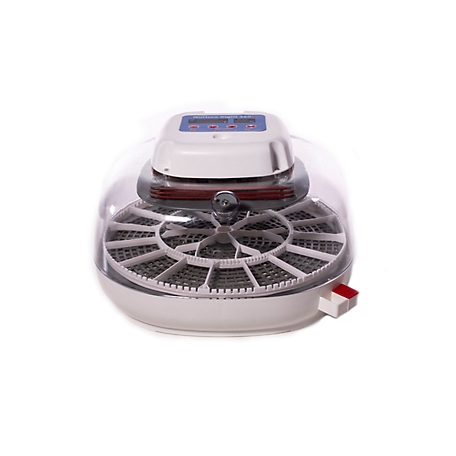
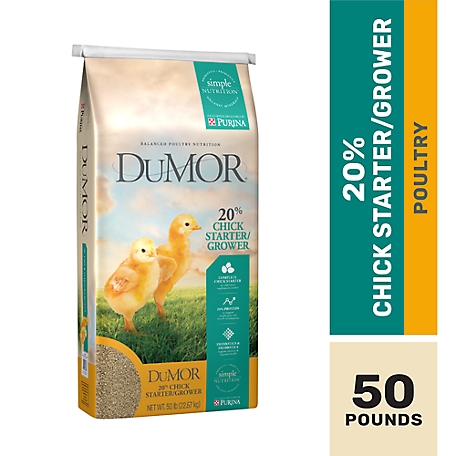

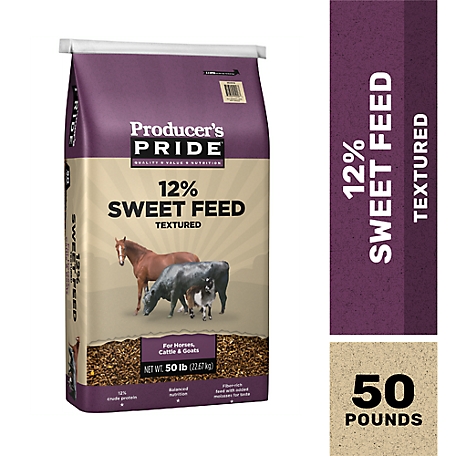
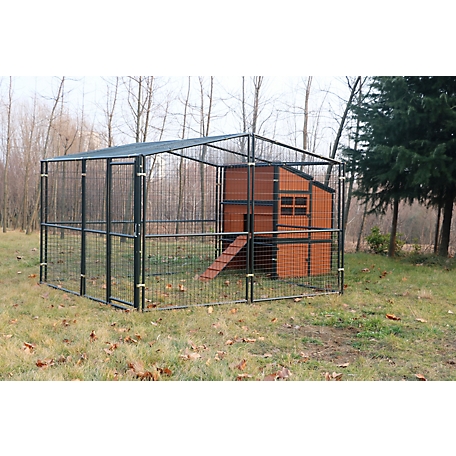

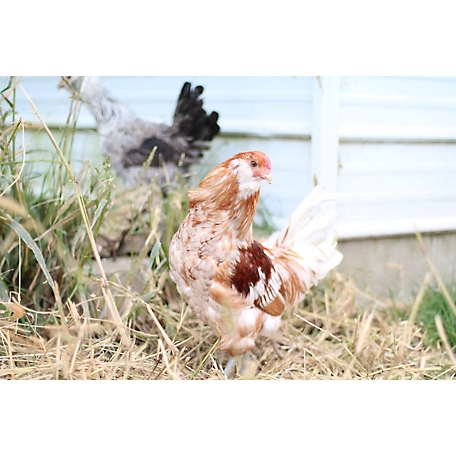
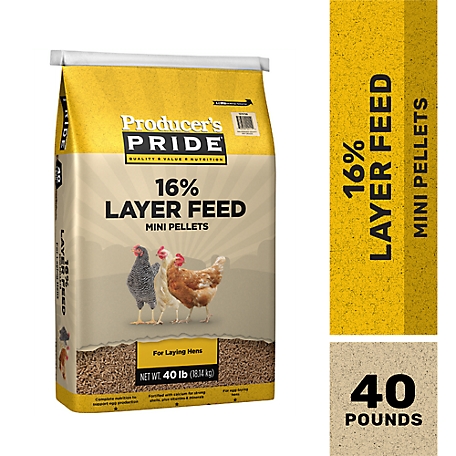

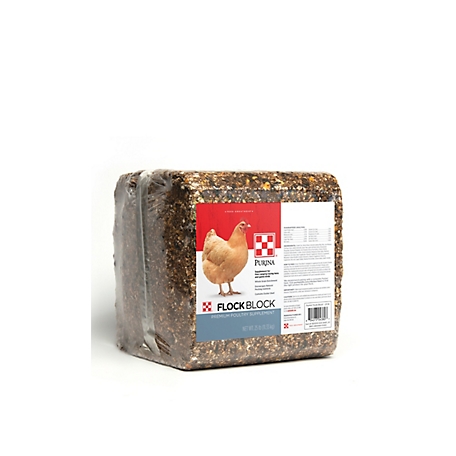
by Sandy
I placed twenty two eggs in the incubator. At ten weeks, I candled the eggs and nineteen eggs were viable. They just started hatching over night. Currently, I have sixteen chicks and the other three are pipping through as I am writing this. I am very pleased with the incubator.
by Winch
Works Great !!
by Bill
worked well, temperature a bit off(i useda 2nd thermnoter w/humidity #s as well, other wise worked well
by Brian
So far we love it . Easy to set up and use. None of the eggs have had time to hatch yet so time will tell.